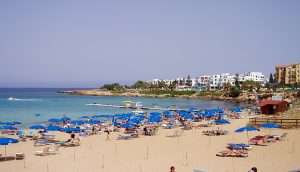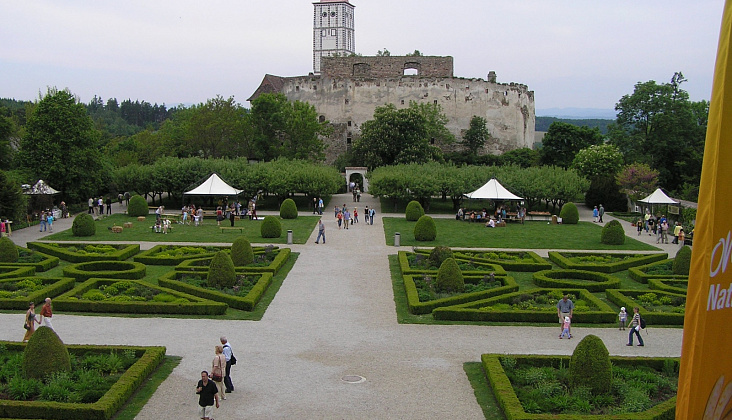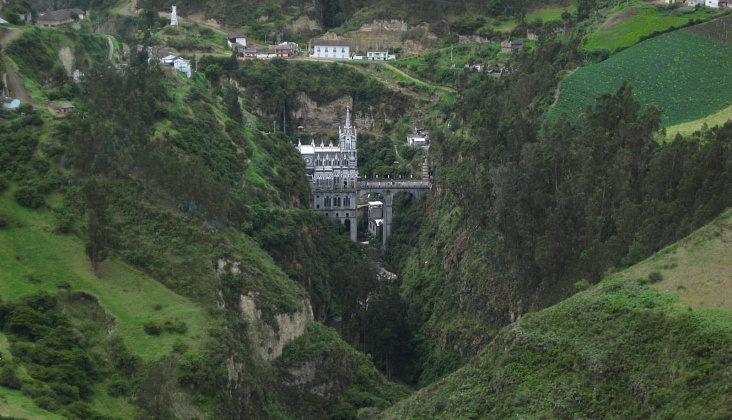Cyprus is the third largest island in the Mediterranean
 SHOPPING
SHOPPING
From October to April, the shops are open from 8:00 to 18:00 (break from 13:00 to 15:00), and on Wednesdays and Saturdays after lunch they close completely. On Sundays, shops usually do not work.
Wines and liqueurs are being brought from Cyprus, the Commandaria sweet wine (or Namas wine), which is better to buy at Troodos Monastery in Kykkos, handmade lace and silver, paintings, leather goods, expensive jewelry of the original design, fur coats.
For lovers of culinary delights, you can bring from Cyprus Cyprus gollum cheese (convenient for transportation), Cypriot sweets (Turkish delight, halva, suzukos – almond grains in grape syrup, etc.).
WHERE TO STAY
There are hotels of all categories in the country: from apartments to “premium class”, and even 2 * will be of decent level and with air conditioning (however, air conditioning in the apartment is charged extra). At the “reception” is often Russian-speaking staff.
As a rule, meals in hotels – breakfast. In 2 * – continental, and in institutions 3 * -5 * – “buffet”. More and more hotels offer accommodation on half board with the ability to choose lunch or dinner. Many hotels 2 * -4 * began to offer an all-inclusive system. There is no animation as such in the hotels, not counting themed evenings, children’s animation and live music in the evening in hotels 3-5 *.
SEA AND BEACHES
On the island there are several world-famous resorts that are focused on a well-defined public.
Noisy Ayia Napa with its countless taverns, bars and restaurants, working around the clock will be good for young people, lovers of outdoor activities and fun nightlife. On the other hand, the presence of an aqua park, beautiful wide beaches with fine golden sand, and small safe sea make this place attractive for families with children. The best beaches in Cyprus – in Ayia Napa. One of the most picturesque is Nissi Beach, with an island off the coast and white sand.
Immersed in the shade of numerous palm trees and other exotic vegetation, Limassol is suitable for tourists who prefer an active holiday, trips around the island and a varied nightlife. The Lady’s Mile, the longest beach on the island, is located west of Limassol and is very popular with locals. To the east of Limassol, there is a second popular beach, “Governor’s”, where all beach parties are usually held.
Also known and popular are the Sandy Bay and the “namesake” of the Bulgarian resort Golden Sands. Somewhat alone is the beautiful pebble beach in Petra-to-Romiou.
Paphos is an amazingly picturesque place combining sandy beaches and rocky coast, pine and cedar forests, banana plantations and vineyards. An ideal place for those who are looking for a combination of historic location and modern resort amenities. Especially suitable for relaxing romantic couples of different ages.
Protaras is undoubtedly one of the most beautiful and fertile areas of the island with incredibly clear blue waters and golden sandy beaches – an ideal place for those who like to soak up the sunshine in a quiet and peaceful atmosphere, only occasionally interrupting sunbathing to dive into the alluring warm sea.
In Larnaca, the necessary conditions will be found for both single tourists and families with children and business people who have arrived in Cyprus for just a few days. The most popular beaches in Larnaca are Mackenzie, Phinikoudes and the newly opened beach of the Cyprus Tourism Organization.
Many hotels in Limassol, Larnaca and Paphos provide beach equipment for their guests for free, but in Protaras and Ayia Napa this option is the rarest exception.
All beaches are municipal, beach equipment (sun loungers, umbrellas) is usually paid (1 EUR per item).
STORY
The advantageous strategic position of Cyprus in the Mediterranean Sea contributed to the fact that during its history it changed hands several times, remaining on the periphery of various empires.
Having become a part of Byzantium in 395, in 1191 he was captured by the crusaders of Richard the Lionheart during the Third Crusade, becoming one of the Crusader states.
Already in 1192 the island was transferred to the French crusader Guy de Lusignan, who founded the Lusignan dynasty in the Kingdom of Cyprus.
In 1489, the last Queen of Cyprus, Eugene Cornaro, transferred the island to the Republic of Venice, already defeated by the Turks in 1571. Ottoman rule in Cyprus lasted until 1878.
In 1878, the Cyprus Convention of 1878 was concluded between the British Empire and Turkey, a secret Anglo-Turkish agreement on a “defensive alliance” directed against Russia. The treaty was signed on June 4, 1878 in Istanbul before the opening of the 1878 Berlin Congress. Britain pledged to help the Ottoman Empire “by force of arms” if Russia, retaining Batum, Ardahan and Kars, tried to acquire new territories in Asia Minor.



